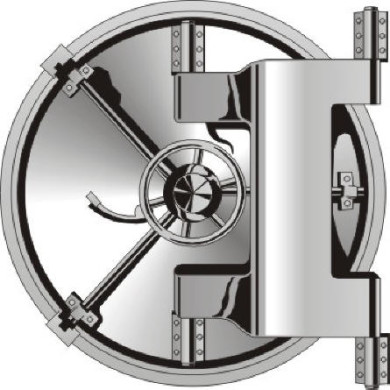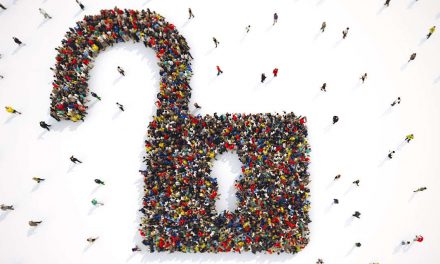“I’m not as scared of dying as I am of growing old.” – Ben Harper, Glory and Consequence
Whether we admit it or not, most of us are afraid of growing old. There is a sense of loss, of youth and vigor, coupled with the burden of managing your health in relative isolation. Although Americans would like to think that we are each responsible for our own care, most of us as individuals would far prefer for someone to be there, helping us through our time of need. Years ago I was advising one of the Presidential hopefuls regarding a healthcare platform. I suggested that the position should be that individuals be responsible for their own health, but as a country we would partner to provide the tools for the individual to succeed. Now, almost a decade later, we are not much closer to this goal. Personal Health Records (PHRs) were thought to be the answer. These records differ from more traditional EMR in that they are owned by the patient and aggregate information from multiple sources to give a complete picture of the patient. For example, they might include clinic visits from multiple providers, hospitalizations and updates on an exercise program. Literally billions were spent on PHRs by the likes of Microsoft (HealthVault) and Google. Both efforts were failures with thousands (in the single digits) rather than millions of enrollees. As noted by David Shaywitz, healthcare is a negative good, something viewed more with resentment than in any way positive. And that extends to things that keep us healthy. To interact with your health means you are imperfect, you are mortal. Rather than a PHR, I would like to propose a different tool, a managed PHR (mPHR). This would be owned by the patient, but managed by a surrogate, such as a family caregiver or even a care coordinator (CC). This person would be responsible to keep the person on track, taking their medications, keeping their appointments, explaining their illness (or at least researching their problem). This may seem far fetched, but I believe CC will be a new job in 3-5 years. And when this army spreads across the land, they’ll look for a tool to do their work. And it won’t be an EMR. It will be a mPHR.
What would the perfect mPHR do?
Here is a list I’ve compiled:
- Collect and organize data from disparate hospitals and clinics
- Store and view previous radiology exams
- Facilitate med reconciliation and education
- Send reminders
- Manage exercise programs
- Allow differing levels of permissions and access…for the patient, the advocate and family
- Message those defined in the persons ecosystem if the PHR identifies a down trend.
- Report on utilization and changes in utilization
- Collect biometrics such as weight and blood pressure, and also track problems such as depression and pain indices with reporting and messaging
- Link/suggest support groups based on the problem list
- Leverage secure texting and email for messaging
- Be platform agnostic & cloud based
The critical thing here is actually not the functional requirements…these have already been fairly well defined…it is the ability to easily work with surrogates and family while maintaining some level of choice and control by the patient. This is not an idle ask. I am now working with a developer building senior communities with integrated care and care coordination. I can buy an EMR, but not an effective PHR for these communities. With any luck at all, we will be managing thousands of lives in these communities in the next few years. To all you bright entrepreneurs out there, help me out. Build the perfect mPHR. If I am right, and there is a lot of evidence I am, you’ll transform how we care for one another, and make a lot of money doing it. I won’t be your only customer.









Hi Steve, got your email this morning and thought I would comment. Our Resident Portal is being used by a Canadian Assisted Living company. Their communities are fed information about their residents from a Canadian software vendor for the Government as they have a single pay government ran system in Canada. (Interestingly we have had as much trouble working with the Canadian software company as people signing up for the new Affordable Carer Act here is the US.). Anyway our resident portal is then sent the information and resident continuously updates it as does the staff at the community to a degree which creates their own PHR. In our system it is the information received by a combination of what we call our My Wellness section and our My Health section that residents and staff at the community enter. This works very well in Canada. Yes is is encrypted and our latest version as we set our sights and updating this functionality for the US market will be HIPPA compliant. The biggest problem here is the future of the health system in the US as a whole, what will it be in the end. Though we could use what we have now in Canada and offer it to our community 300 community clients in the USA on our current iPad resident portal, residents would need to learn to track their own information religiously as they do in social medicine countries. I imagine people will start to do this in the future and PHR’s will be n America and we will wait to see but rest assured ahead of the game.
That was a good article managed PHR.
Thank you
here is your answer…the smartest man in healthcare,
watch, http://vimeo.com/36383684
I am genuinely thankful to the owner of this site who has shared this fantastic piece of writing at at this place.